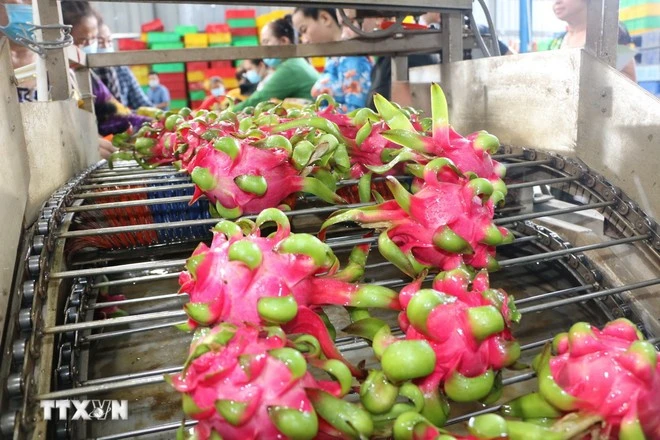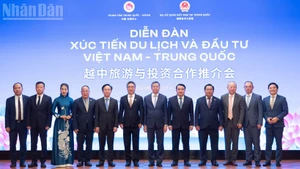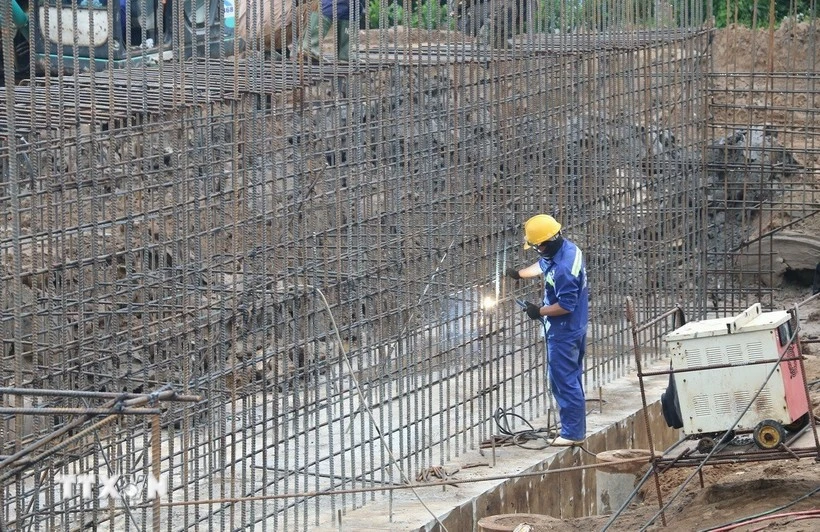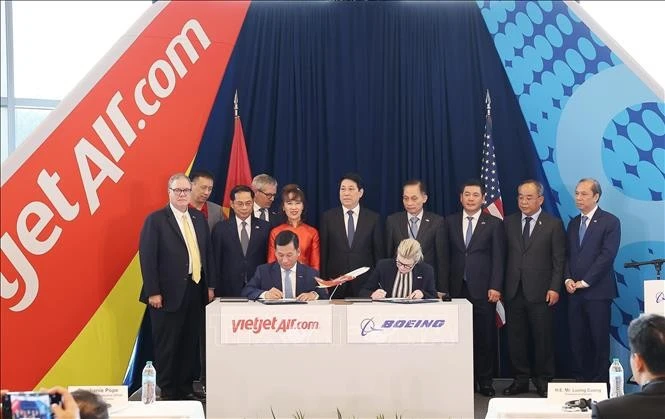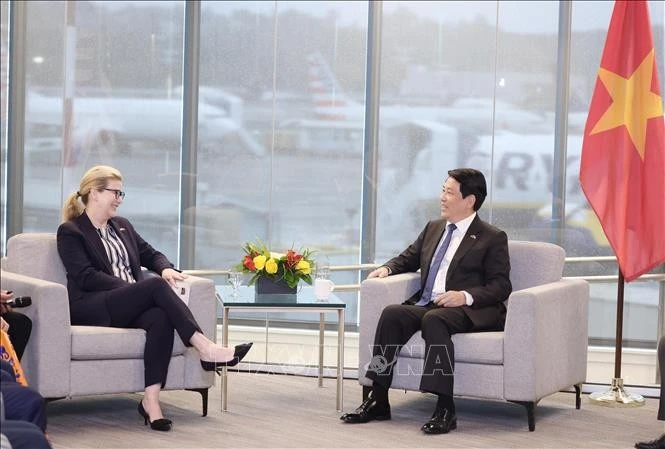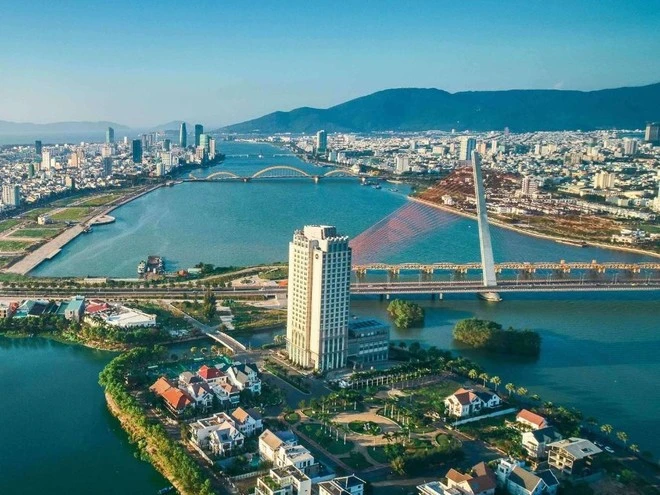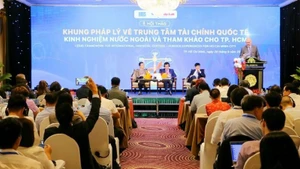Disbursement reached US$4.51 billion during the period, or 99.8% of last year's corresponding period figure. New FDI registered across the country dropped by 25.3% year-on-year, falling to US$4.12 billion, the FIA said.
Added capital in existing projects also slumped. In five months, 82 projects registered to increase their capital by a total of US$1.2 billion, a decrease of 47.5% against last year's corresponding period.
The country attracted a total FDI of US$5.32 billion during the period, a 32% reduction from last year.
Among the largest projects are the Japan-invested Tokyu Binh Duong urban area worth US$1.2 billion, a tyre manufacturing plant worth US$575 million and a US$300-million yarn production plant in northern Quang Ninh province.
The processing and manufacturing industry took the lead in terms of investment capital, gobbling up US$3.3 billion or 62.3% of total national FDI.
Real estate came second, attracting US$1.57 billion or accounting for 29.6% of the total FDI while the transport and storage sectors attracted the third largest portion of FDI at US$182 million.
The southern province of Binh Duong continued to be a favourite location for foreign investors, drawing US$1.6 billion or 30% of total FDI registered in the country over the period.
It was followed by the northern port city of Hai Phong with US$928.8 million, and southern Dong Nai province with US$698 million.
During the January-May period, Japan remained the country's leading source of foreign investment, pumping US$3.68 billion into the country, followed by the British Virgin Islands, which invested US$441 million and Hong Kong with US$400 million in investments.
Earlier, FIA director Do Nhat Hoang urged sectors to call for environmentally-friendly projects that utilise modern technology and aim to raise the competitiveness of domestic products while helping the country expand its presence in the global production network and value chain.
He highlighted fields such as technology, mechanics, communications, pharmaceuticals, biology and clean energy.
Hoang suggested that changes be made to regulations and policies governing investment and business, land management and environmental protection in addition to FDI promotion.
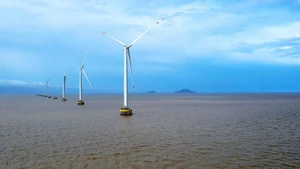
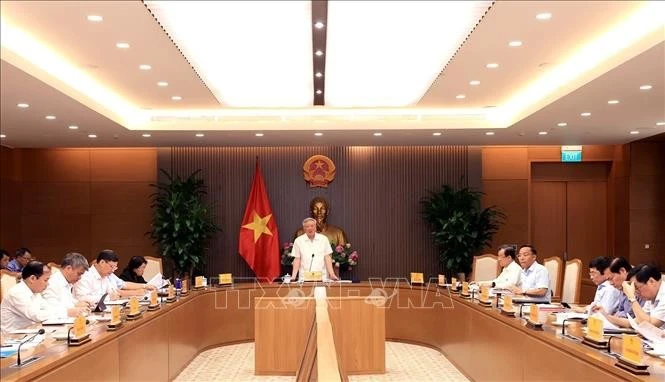
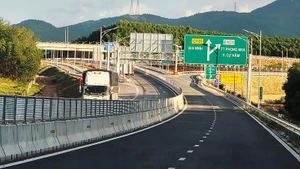



![[Video] Cross-border e-commerce – A new driver for Viet Nam’s exports](https://en-cdn.nhandan.vn/images/482b130c05ac864ba077f091edeb8ddd2b541b9355d25d21f69c28775ce7ee04455b9db187f1067a276a1ce18ee829d9f76fd51e378c6e4506a6c058a06b59ed/720.jpg.webp)
